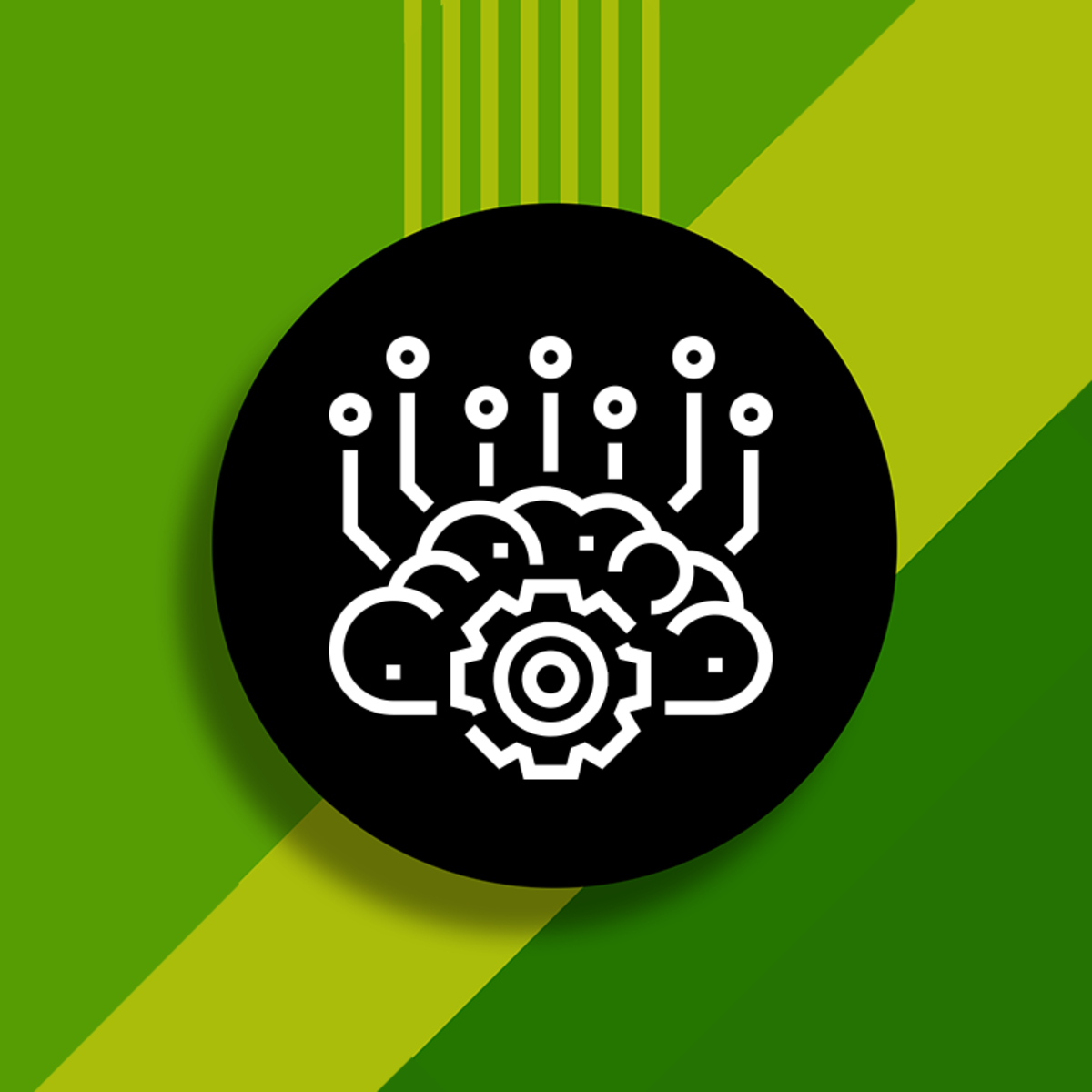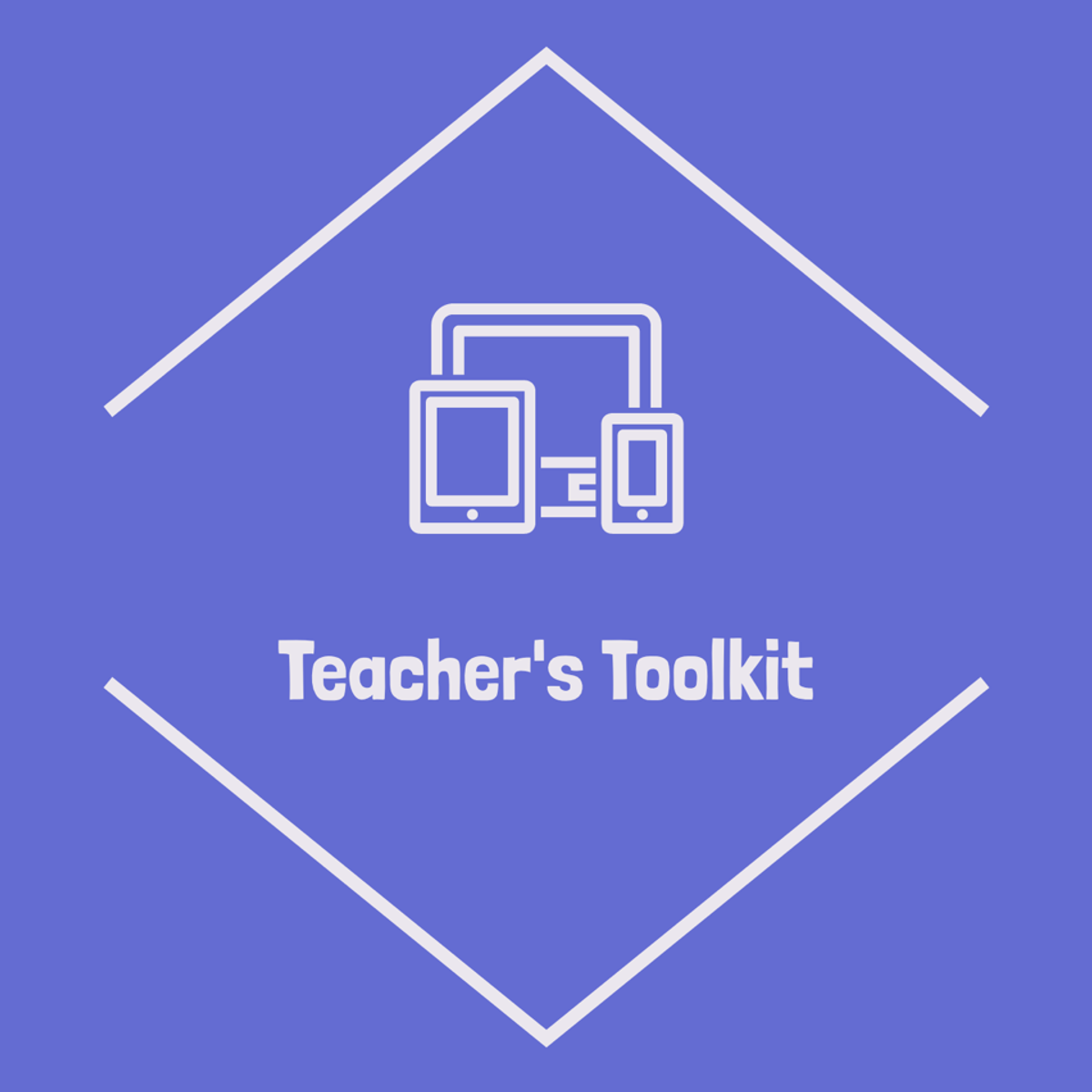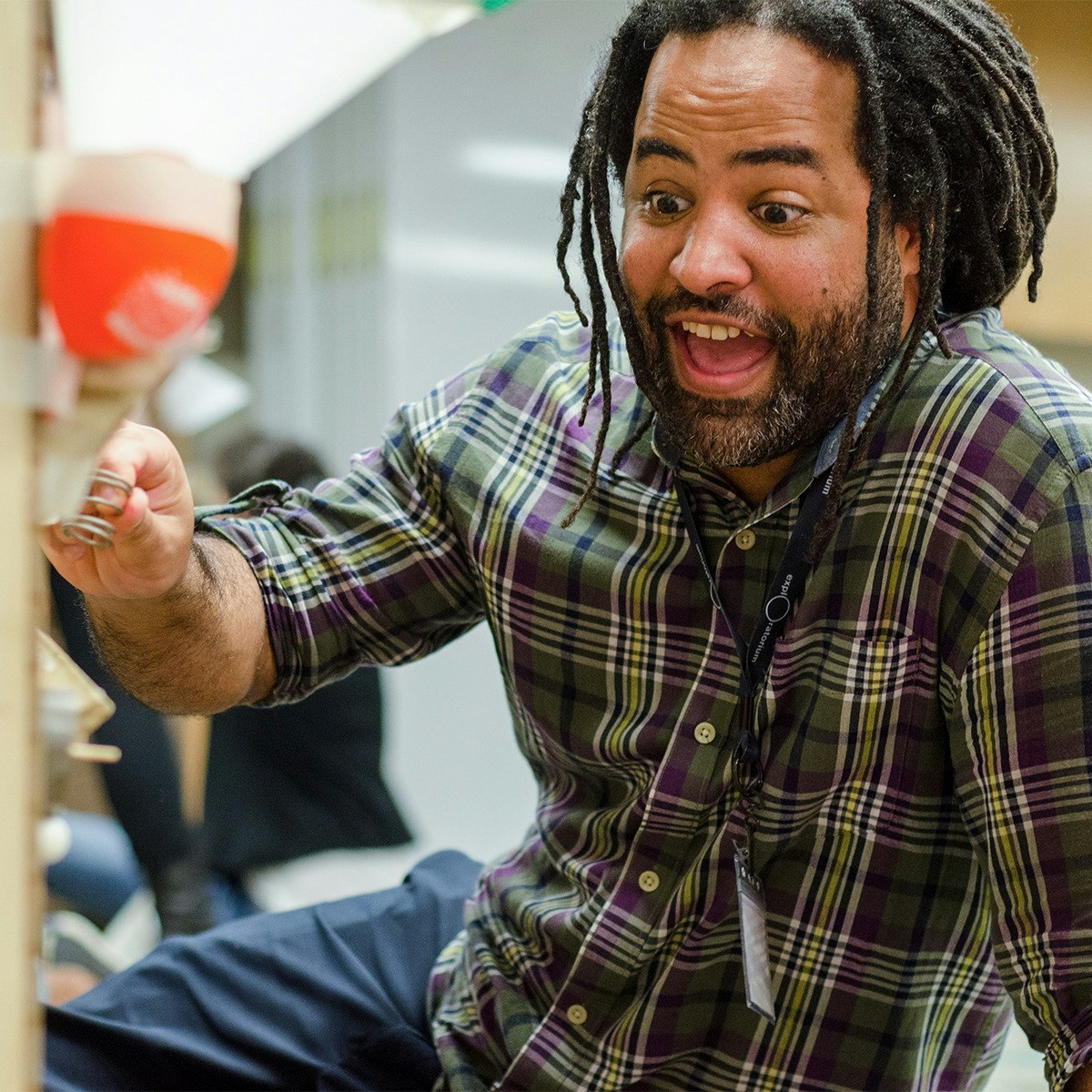Back to Courses









Personal Development Courses - Page 11
Showing results 101-110 of 514

Professional Skills for International Business
This course provides insight into the key professional skills needed by managers at all levels of an organisation. You’ll learn key skills such as how to make a positive first impression; how to become a role model at work; effective time and resource management; and networking.
This course forms part of a specialisation from the University of London designed to help you develop and build the essential business, academic, and cultural skills necessary to succeed in international business, or in further study.
If completed successfully, your certificate from this specialisation can also be used as part of the application process for the University of London Global MBA programme, particularly for early career applicants. If you would like more information about the Global MBA, please visit https://mba.london.ac.uk/.
This course is endorsed by CMI

Simulation Skills: This is Your Brain on the Future
Do you want to learn how to simulate the future more creatively and more effectively? This course is for you.
Humans are the only living creatures with the ability to think about and make plans for the long- term future. Even so, our brains don’t always make it easy. Over the past decade, scientists have discovered a number of neurological “road blocks” to effective futures thinking. These glitches in the brain make it harder for us to accurately predict how we’ll feel and what we’re likely to do, when a particular future arrives. They lead us to make faulty assumptions about which futures are likely or unlikely to happen. And they convince us we have less power to shape and influence the future than we actually do – leaving us stuck in the present.
In this course, you’ll learn how to overcome these obstacles so you can think about the future more strategically and creatively. You’ll practice simulation techniques for “unsticking” the mind when it comes to seeing what’s possible in the future and accepting how things could be different. You’ll also learn how to lead others through “first-person future” simulations, which have been shown in scientific studies to improve strategy and increase motivation and hope for the future. Along the way, leading futurists from the Institute from the Future will share some of their most challenging forecasts to help you stretch your imagination and improve your simulation skills.
This course will ensure that you can put all of your new forecasting skills to the best possible use, by helping you nudge your brain toward more effective ways of simulating and preparing for the future.
Many thanks to the Enlight Foundation and the Enlight Collaborative, which provided a grant to support the creation of this course.

Diversity, Equity & Inclusion
In collaboration with the HRO DE&I Training Workstream, Enterprise Learning and Corporate Training/Leadership Development, three training modules were developed. These modules are designed to provide Clients with a DE&I foundation and tools to create and maintain an inclusive workplace.
The intention of DEI Training is not to force anyone to change their mind or opinion, but to help build awareness of unconscious bias, cultural competence, or other barriers to diversity, equity, inclusion (DEI), and belonging. It can also motivate positive behaviors and attitudes and foster an environment where workers can feel comfortable bringing their full, authentic selves to work.
DEI Training is not a stopping point and should underscore the importance of having a solid foundation of strategic priorities, consistent measurement and evaluation, and a clear alignment between organizational values and DEI goals.
ADP does not endorse any training or teaching that compels an employee to believe any of the concepts listed in Florida HB 7.

Teach English Now! Teaching Language Online
Whether you have already taught English as a Second Language and want to start teaching it online, you've already been teaching ESL online and want to sharpen your skills, or you are new to teaching and interested in teaching ESL online, ASU and VOXY provide you with the basic ideas and concepts you need to know in order to successfully teach ESL online. This course uses a fun and interesting theme of "International Travel" to deliver content in an entertaining way. There are also plenty of real, recorded online session videos from VOXY in the course to show you examples of what it looks like to teach ESL online. In this course, you will learn about the best practices for teaching English as a Second Language online. This includes an introduction to online teaching, Second Language Acquisition theories and how they apply to ESL learners, conducting a needs analysis, curating content for your courses, designing lesson plans, and effective teaching strategies that will help you to become an successful online ESL teacher. The course consists of a variety of videos and readings, followed by quizzes. In the last module of the course, actual VOXY online ESL teachers share their experiences in the online classroom.

Increase Student Buy in with Google Slides
By the end of this project, you will have created a student punchcard that will engage your students during virtual learning or as a more engaging way to encourage buy in during classroom learning. Teaching is constantly evolving. As we learn more about our students, we uncover new ways to ensure that they are not just learning - they are thriving. Using a punchcard will not only provide your students with more choice and independence, it will also provide your classroom with the procedures and processes that can free up your teaching time to focus on valuable 1-on-1 or small group instruction. Puchcards can also be a useful tool for differentiating student learning. Let’s get started!
*You will need a free Google account for this project.
Think Again I: How to Understand Arguments
In this course, you will learn what an argument is. The definition of argument will enable you to identify when speakers are giving arguments and when they are not. Next, you will learn how to break an argument into its essential parts, how to put them in order to reveal their connections, and how to fill in gaps in an argument by adding suppressed premises. By the end of this course, you will be better able to understand and appreciate arguments that you and other people present.
Suggested Readings:
Students who want more detailed explanations or additional exercises or who want to explore these topics in more depth should consult Understanding Arguments: An Introduction to Informal Logic, Ninth Edition, Concise, Chapters 1-5, by Walter Sinnott-Armstrong and Robert Fogelin.
Course Format:
Each week will be divided into multiple video segments that can be viewed separately or in groups. There will be short ungraded quizzes after each segment (to check comprehension) and a longer graded quiz at the end of the course.

Creating Trust & Support
Welcome to Leading StandOut Teams: Creating Trust & Support!
This course will explore what it means to create the conditions in which a team feels they can trust that everyone is being open and real; how to create the team relatedness that generates a sense of support among team members; and the dynamic of how having faith in your team generates trust.
By the end of the course, you will be able to:
- Describe what it means to create a team environment of trust and confidence that lets everyone be open and real.
- Create a sense of relatedness with your team so that they can count on support from one another.
- Learn to model faith in your team and explore strategies and practices that generate trust.
Modules Include:
One: Teammate Trust. Explore what it means to create the conditions in which a team feels they can trust that everyone is being open and real.
Two: Relying on Teammates. Explore how to create the team relatedness that generates a sense of support among team members.
Three: Having Your Team Members’ Backs. Explore the dynamic of how having faith in your team generates trust.
This is a beginner's course, intended for team leaders with an interest in Leading StandOut Teams. It includes lecture videos by StandOut Strengths Coaches, practice quizzes, graded quizzes, peer-reviewed assignments, discussion prompts, and activity guides to facilitate ongoing learning and provide a structure to make sense of learning so that it can be embedded into real change.
To succeed in this course, you should be willing to self-reflect and open to shifting perspectives. Making the effort will result in a positive and fulfilling response.

Effective Problem-Solving and Decision-Making
Problem-solving and effective decision-making are essential skills in today’s fast-paced and ever-changing workplace. Both require a systematic yet creative approach to address today’s business concerns. This course will teach an overarching process of how to identify problems to generate potential solutions and how to apply decision-making styles in order to implement and assess those solutions. Through this process, you will gain confidence in assessing problems accurately, selecting the appropriate decision-making approaches for the situation at hand, making team decisions, and measuring the success of the solution’s implementation. Using case studies and situations encountered by class members, you will explore proven, successful problem-solving and decision-making models and methods that can be readily transferred to workplace projects.
Upon completing this course, you will be able to:
1. Identify key terms, styles, and approaches to effective problem-solving and decision-making
2. Explain both the affordances and limitations associated with problem-solving and decision-making
3. Reflect on how mindset and personal bias influence your ability to solve problems and make decisions
4. Explain and discuss how organizational decisions or non-decisions impact personal development, team dynamics, and company-wide performance
5. Articulate how both good and bad team decisions can benefit your professional growth

Tinkering Fundamentals: Motion and Mechanisms
The Tinkering Fundamentals course will offer educators and enthusiasts an opportunity to develop a practice of tinkering and making. We see tinkering as a serious endeavor—one that is generalizable across content and especially good at interweaving disciplines in a way that leads to complex projects and individualized learning opportunities. Tinkering has recently been introduced into the educational field as a potential driver of creativity, excitement, and innovation in science learning. It is seen by many as an effective means to engage in exploring STEM concepts, practices and phenomena. Tinkering typically blends the high and low tech tools of science along with a strong aesthetic dimension that supports children’s (and adults’) self expression.
NB: This is a hands-on course, so you will need several tools and materials to do weekly activities. You are welcome to purchase only what you don't already have—or even better try to scrounge them from surplus stores! We have put together a list of recommended materials, which you can find here: http://bit.ly/motion-materials
For over a decade, the Exploratorium has been developing science-rich tinkering activities for both children and adults. We see tinkering as a fun yet serious endeavor—spanning many disciplines and content areas and fostering connections between art, science, and technology. Learners follow their own path to understanding by investigating tools and materials and exploring questions that interest them. This opens up a wide range of possible answers rather than any specific “right” one, particularly for teaching STEM (Science, Technology, Engineering, Math) subjects in the classroom. This course centers on activities related to Motion and Mechanisms, which offer a wealth of opportunities for thinking through making.
In this course, we won’t just show you how we develop tinkering activities; we’ll also delve into why. We’ll focus on three important aspects: activity design around specific materials, facilitation strategies, and environmental organization. We’ll also share some guiding principles and learning indicators we’ve developed that can help you integrate tinkering into your elementary and middle-school science program. Whether you’re new to making or a seasoned tinkerer, we hope this course will help you take the next step!
OUR APPROACH TO TEACHING
This is a hands-on workshop, not a lecture-based class. Participation is essential! We want everyone to be making and tinkering together: trying things out, asking questions, sharing ideas, and reflecting together as a community. This is a wonderful chance to tinker and learn alongside people from all over the world and from all walks of life, so don’t be shy!
PLEASE NOTE: We have put a great deal of effort towards creating a supportive space that encourages exploration. We’ll give you a few ways to get started; prompt you to share your own observations and experience as learners, designers, and facilitators; and hopefully spark interesting conversations and discoveries along the way. While it’s not a requirement, we encourage you to take this class with a friend or colleague, or meet with other people in your area: having support or doing activities with others will enhance your experience and help you stay engaged.
This project was funded by generous support from Overdeck Family Foundation and the National Science Foundation.

Foundations of Teaching for Learning: Introduction to Student Assessment
The Foundations of Teaching for Learning programme is for anyone who is teaching, or who would like to teach, in any subject and any context - be it at school, at home or in the workplace. With dynamic lessons taught by established and respected professionals from across the Commonwealth, this eight course programme will see you develop and strengthen your skills in teaching, professionalism, assessment, and more. As you carry on through the programme, you will find yourself strengthening not only your skills, but your connection with colleagues across the globe. A professional development opportunity not to be missed.
There are various techniques which help to assess student learning. This course helps teacher to acquire the skills to develop and use appropriate assessment procedures.
Enhance your course by joining the Commonwealth teaching community on our website, Facebook and Twitter.
Popular Internships and Jobs by Categories
Find Jobs & Internships
Browse
© 2024 BoostGrad | All rights reserved